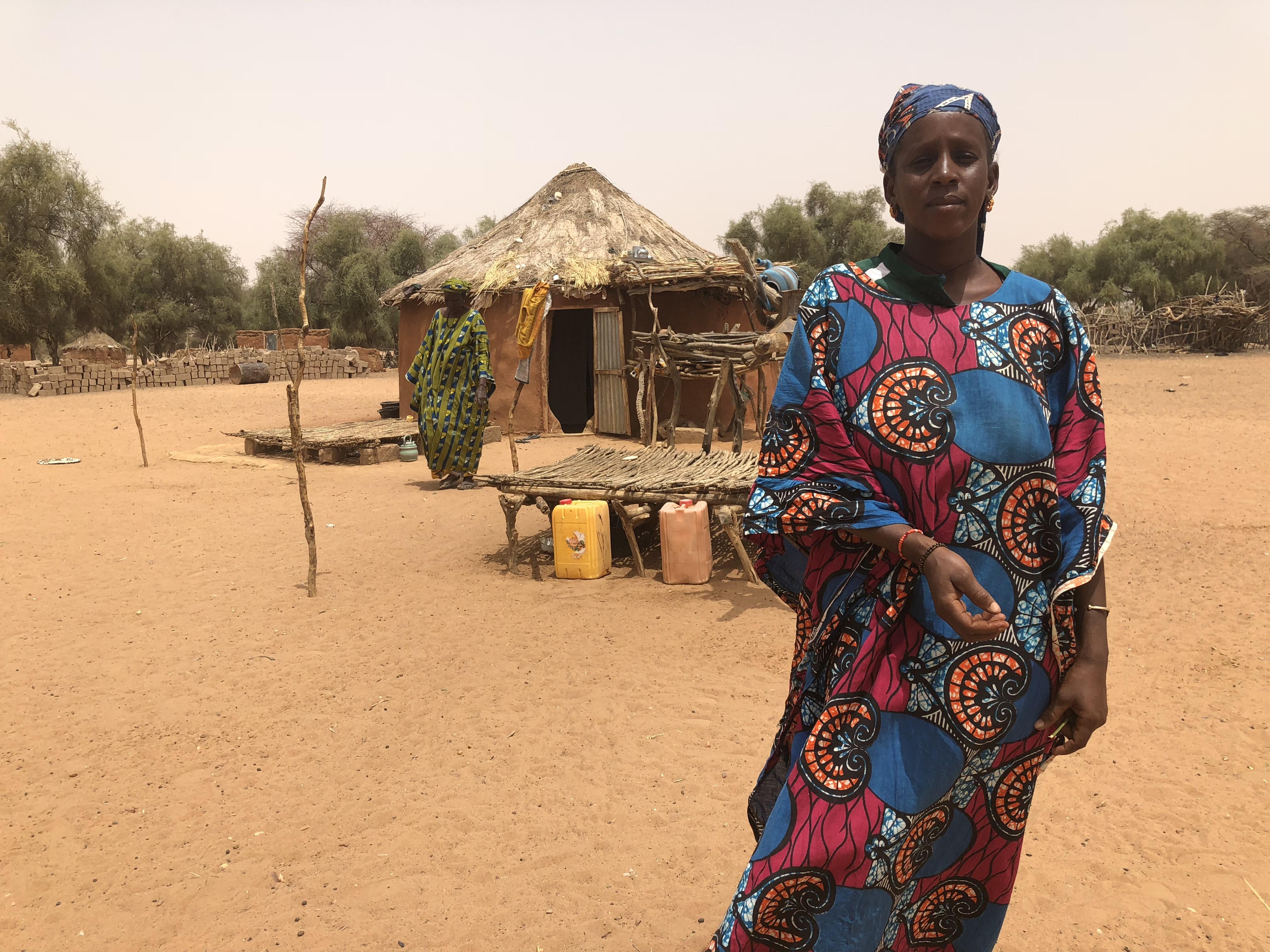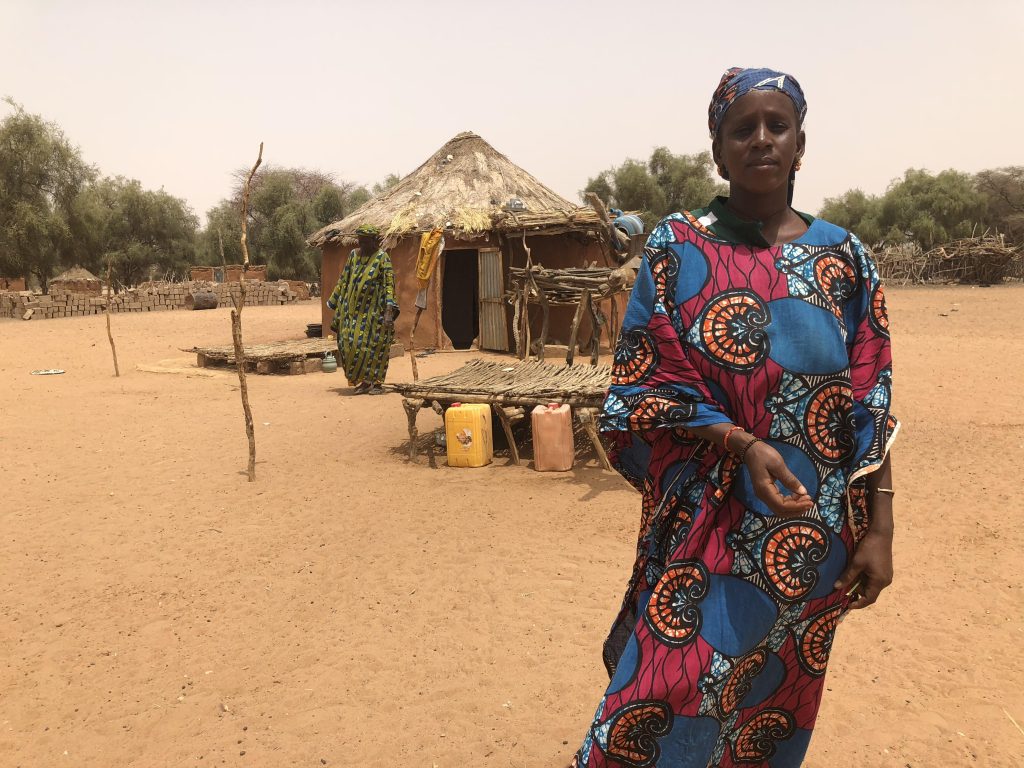We are some of the 19 women who submitted our confidential testimonies to the Equal Education enquiry on Sexual Harassment. We read Judge Satchwell’s report with densely felt disappointment. We had hoped, that based on the promises of the new leadership of Equal Education, and the moment we live in today, that this time around our stories would be heard. Our stories are all different, but together they paint a coherent and strongly corroborated picture of a pattern of behaviour at Equal Education: Sexual harassment, intimidation, bullying, cover-ups, and threats. While we draw strength from the #MeToo movement, we are acutely aware of the failures of formal legal processes and inquiries to side with women against powerful, protected men.

Here are some facts about the process: We were all guaranteed that our identities would be protected, that while our lawyers would know who we were, the panel would not reveal our identities to Doron Isaacs, Zackie Achmat or the other implicated parties who oversaw the first 2011 ‘hearing’. Since we chose to remain anonymous, our testimonies were not considered to be of evidentiary value. This is despite the terms of reference, in fact, guaranteeing our anonymity.
This is how we understand the essential ‘finding’ of the Satchwell report: that women who are too afraid to be identified, should be dismissed. Every story, every piece of painfully recounted evidence, every trauma retold for the benefit of justice – was dismissed and ignored. The result? Full exoneration for the accused.
According to the Satchwell Report, ‘True victims need feel no shame or disgrace in having survived abuse.’ This is quite a remarkable statement. It is worth addressing why we are so afraid. Many of our testimonies are about intimidation and bullying, and the threats we received explicitly implied that we would never again work in civil society, or that our reputations would be destroyed. These mainly emanated from Isaacs or Achmat, or from Isaacs, using the power of Achmat’s enormous influence to threaten us. These were not empty threats, we saw how they were acted upon, how individual careers were blocked, how organisations were sidelined when they spoke against this misogyny. Some organisations are presently afraid to make their own statements about the findings of the Satchwell Report, because they well understand the potential consequences. This is one reason why we do not want to come forward with our names.
Anonymity should be an option and priority for processes such Equal Education’s, because the losses we face include not only being told we are lying, but that speaking-up comes with ongoing structural and relational consequences. This is particularly the case in instances where those who have experienced this harm continue to work in shared environments with perpetrators, and where these perpetrators have access to resources that they do not.
In the social justice sector, Zackie Achmat holds significant influence and is able to direct resources. He is founder of several organisations and is otherwise formally (and informally) affiliated with many more. No one who has ever worked with Achmat is under any delusions about his temper, and his willingness to use his power or influence, not even Achmat himself, who recently described this as the reason that people fear him (in great detail on Eusebius McKaisers’ national radio program). In that same discussion, he told McKaiser that one survivor ‘had previously been raped’. Prior to the release of this report, Nathan Geffen circulated a document which identifies and eviscerates ‘Jane’, one of the main accusers of Doron Isaacs. He asks in his email for the document to be ‘strategically circulated’.
We will not come forward with our names because we participated in this process in a way that was agreed upon by the panel. That is: we are known to our legal representatives, the Women’s Legal Centre, but choose not to be known to Achmat and Isaacs. Some of us have known their power too intimately to ever face it again. Many of us carry intense trauma from years of working with these men, and the people they surround themselves with. Many of the respondents are now young women, but were then teenagers. All of us were on a back foot in the enormous power differential between ourselves and our ‘leaders’.
There is more to the question of anonymity: We are a diverse group of women, with greatly varying social and economic power and stability. Some of this group would put their names to their stories. But others cannot. Others still suffer symptoms of PTSD, nightmares, panic attacks. Others are still trying to forge nascent careers in the world of social justice and know only too well that Achmat and Isaacs’ threats are far from idle and empty. Just recently, months before the release of Satchwell’s Report, a major donor told a public group that Doron was innocent. How do you speak truth to that kind of power?
The panel had ample opportunity to review our stories, and at least two of them chose not to. The panel – constituted of Satchwell and Langa – also went ahead with releasing their report pre-emptively, instead of waiting for a second, critical report, by the third panelist (who chose to distance herself from the devastating findings against women in the first). This was a failure of justice. And there was so much potential here. There was a chance, outside of formal juridical proceedings, to expand the strict legalistic parameters defining sexual harassment. There was an opportunity to discuss the systematic power imbalances and misogyny in civil society. There was a hope that at this moment of women saying no, we would be heard.

